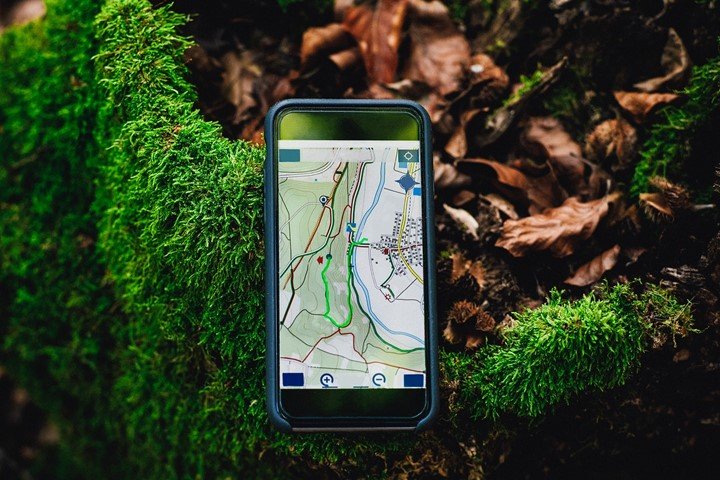Since 1993, the Global positioning system has been available across the world. It transmits radio signals to deliver timing, navigation, and positioning. Our economy including transport, communication, satellite, energy, and emergency depends on this tool. Applications of GPS in the future are unlimited. Many applications are using technology after it demonstrated a high level of accuracy. Other applications want to incorporate the use of GPS for exact positioning. Here are the applications of GPS in the future.
1. Low earth orbit
The government and NASA project that in the next two years, the tool will aid 60% mission on low earth orbit. Also, it promises that 95% of missions will take place beneath geosynchronous orbit. The global positioning system will help users to achieve real-time navigation. This will help NASA to reduce the burden of tracking stations.
2. Technology
There are more advances in GPS in the field of technology. This includes reliable applications and precise position. The tool will assist to develop civilian frequencies and codes.
3. Science
In the past, scientists had a burden to identify animal species. They had to use bands to put on the animals to determine their location and monitor movement. Scientists put the GPS tag on the animal’s body and log automatically to know the location. Information is sent back to the researchers through the satellite. The future involves using the tool to track the exact positioning of the animals. Moreover, scientists use GPS to do research and practice in physics, biology, and other sciences. They aim to achieve more accurate calculations when carrying out lab experiments.
4. Earth science

Earth scientists have a goal to do more extensive research. The receivers are installed on landslips to give movement. Earth researchers want to get accurate information on how the earth changes.
5. Survey
Surveyors have work to measure and map features on the land surface and below water. The use of GPS tools gives a high level of accuracy. The tool is placed on a moving or a single point to show boundaries of physical features. The data is then put to software that gives detailed information. More tools are being advanced to map the seafloor, check land boundaries as well as examine changes of structures.
6. Marine applications
This includes navigation of vessels as well as information systems to get exact entrance. In addition to that, it will be used to examine stations along the coast. Furthermore, navigators are looking forward to mapping precise operations so that other boats can know where to operate.
7. Farming
Farmers can only increase production by farming throughout. GPS is installed on tractors to map the positions for planting seeds. On top of that, farmers can work in harsh conditions such as fog and during the dark. The global position system will give correct soil samples for farmers to know where the farm is more fertile.
8. Aviation
Most aircraft have a global positioning system. It gives pilots and passengers a real-time position. The accuracy of the tool makes the aviation industry to aim at fast, safe, and short routes to reach destinations.
9. Military
The first system of GPS was developing by the defense force. The technology is put on missiles to get to the targeted location. Military works in all types of weather conditions with high tracking tools.
10. Communication systems
GPS brings modern technology that improves performance. Communication systems use the tool to improve accuracy.



